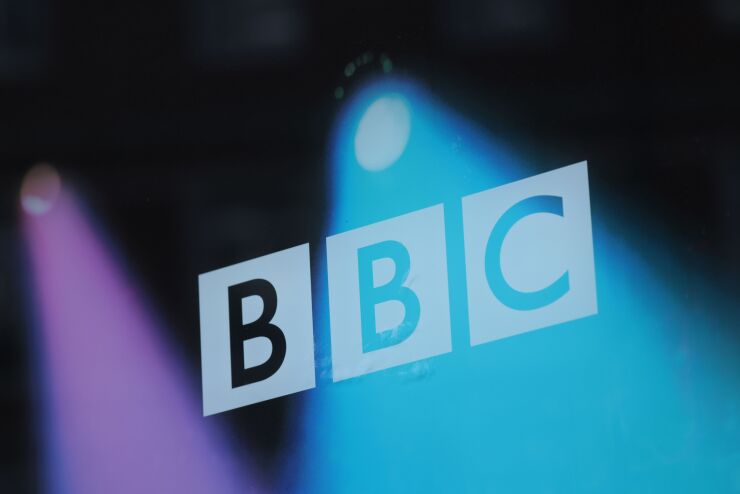Indian income tax officials visited the New Delhi and Mumbai offices of the BBC Tuesday, weeks after the British broadcaster aired a documentary about the 2002 Gujarat riots and Prime Minister Narendra Modi's alleged role in the violence in his home state.
"The income tax authorities are currently at the BBC offices in New Delhi and Mumbai and we are fully cooperating," a BBC spokesperson in London said. "We hope to have this situation resolved as soon as possible." She gave no other details.
An Indian government official with direct knowledge of the matter described the visit by tax officials as a survey but didn't give any other information. The official asked not to be named citing the private nature of the matter.
The BBC had restricted broadcast of the two-part documentary in India. The country's foreign ministry had dismissed the film, aired in January, as a "propaganda" piece. The government also asked social media giants Twitter Inc. and Alphabet Inc.'s YouTube to

The Editors Guild of India said it was "deeply concerned about the IT "surveys" being carried out at the offices of BBC India."
EGI is deeply concerned about the IT “surveys” being carried out at the offices of BBC India. Is distressed by the continuing trend of government agencies being used to intimidate and harass news organisations that are critical of ruling establishment. pic.twitter.com/hM7ZkrdOiq
— Editors Guild of India (@IndEditorsGuild) February 14, 2023
The Washington Post reported that the phones of several BBC staff were also seized by the tax officials, citing two journalists who requested anonymity.
The BBC is the "most corrupt corporation in the world," Gaurav Bhatia, a spokesman of Modi's ruling Bharatiya Janata Party, told reporters in New Delhi, adding the news organization's reporting against India is "venomous."
The spokesperson of the income tax office did not respond to an emailed request for comment.
On Tuesday, the gates of a central Delhi building that houses the BBC were locked and the elevators were not stopping at the level where the broadcaster's office is located.
More than 1,000 people — mostly Muslims — were killed in sectarian violence across Gujarat after a train carrying Hindu pilgrims was burned allegedly by a Muslim mob. Human rights groups blamed Modi for doing little to stop the violence, allegations that were denied by him and later dismissed by India's Supreme Court.
In the documentary, former U.K. Foreign Secretary Jack Straw says the British government conducted an inquiry into the situation. The report concluded that the administration of Modi, who was leading Gujarat at the time, "created a climate of impunity" for the rioters.
"Let me just make it very clear. We think this is a propaganda piece designed to push a particular discredited narrative," Arindam Bagchi, a spokesman for India's Ministry of External Affairs, told reporters last month.
India's civil society and independent media groups have accused Modi's government of creating an "atmosphere of fear" for activists since it came to power in 2014. In 2020 Amnesty International shut down its India operations after what it called "constant harassment" from government agencies, including the freezing of its bank accounts in the country.
— With assistance from Alex Wickham





